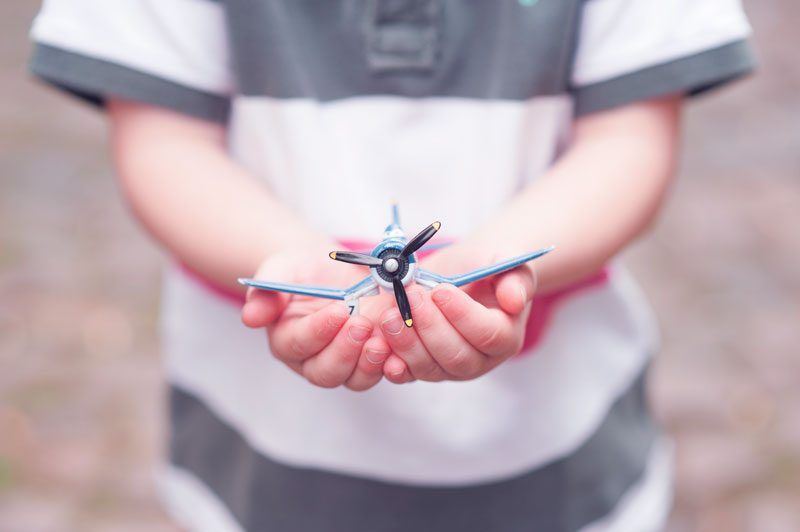About The Program
What is Self-Regulation?
Self-regulation is a psychological process that involves monitoring and controlling one’s own
thoughts, emotions, and behaviors. It involves the ability to regulate one’s attention, emotions,
and impulses to engage in goal-directed behavior and achieve desired outcomes.
Self-regulation is crucial for individuals’ well-being and success in both personal and
professional settings. It plays a crucial role in regulating emotions, maintaining self-control, and achieving optimal performance in various domains of life.
Importance of
Self-Regulation
Emotional Well-being: Self-regulation allows individuals to manage their emotions effectively, promoting emotional stability and enhancing overall well-being.
Mental Health: Self-regulation skills can help prevent and cope with mental health issues such as anxiety, depression, and stress.
Academic Performance: Self-regulation skills are essential for students to succeed in their academic pursuits, as they enable them to stay focused, manage distractions, and meet deadlines.
Professional Success: Self-regulation skills are essential for professionals to maintain focus, manage stress, and communicate effectively with colleagues and clients.
Personal Growth and Development: Self-regulation skills facilitate personal growth by empowering individuals to set and achieve goals, make positive choices, and develop healthy habits and behaviors.

Types of
Self-Regulation
Attention Regulation: The ability to focus and maintain attention to complete a task or solve a problem.
Emotional Regulation: The ability to control and manage emotions, both positive and negative, in adaptive ways.
Impulse Control: The ability to resist impulsive behaviors and make thoughtful decisions.
Self-Monitoring: The ability to monitor and reflect on one’s own thoughts, emotions, and behaviors, leading to self-awareness and self-improvement.
Self-Awareness: The ability to understand one’s own thoughts, emotions, and behaviors, leading to self-acceptance and self-compassion.

Help Students Develop and Strengthen
Self-Regulation Skills
The program is to help students develop and strengthen their self-regulation skills using the Zones of Regulation and Check-In/Check-Out strategies. Self-regulation skills empower students to manage their emotions and behaviors effectively, leading to improved academic performance. By learning to recognize and control their responses, students can better focus on tasks and reduce disruptive incidents in the classroom. Additionally, these skills foster a greater sense of independence and resilience, which are crucial for personal growth and success. By implementing these strategies, students can learn to regulate their emotions, thoughts, and behaviors in a healthy and productive way.
Feedbacks
